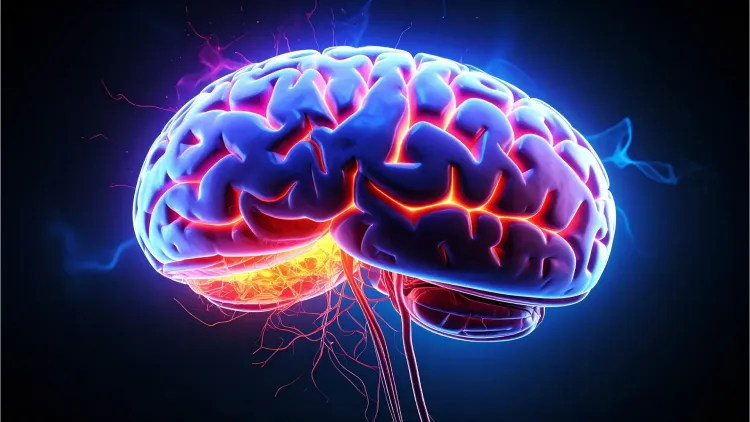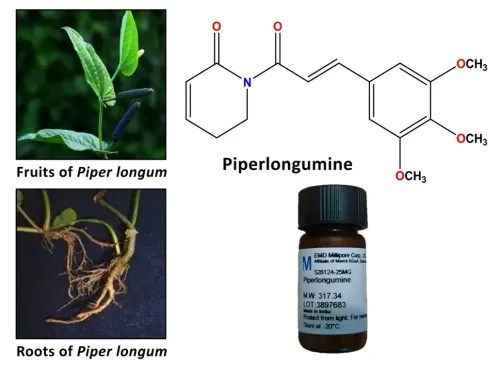How Does Parkinson's Disease Affect Brain Blood Vessels?

Synopsis
Key Takeaways
- Parkinson's disease leads to significant changes in the brain's blood vessels.
- Research focuses on the cerebrovasculature in addition to protein accumulation.
- Increased presence of string vessels indicates vascular dysfunction.
- Findings may open new therapeutic avenues for Parkinson's and other neurodegenerative disorders.
- Understanding vascular health is crucial for comprehensive treatment strategies.
New Delhi, Nov 25 (NationPress) A groundbreaking study conducted by researchers in Australia has revealed that Parkinson's disease induces notable and progressive alterations in the brain's blood vessels, reshaping our understanding of this complex condition. While the hallmark of Parkinson's is the accumulation of the alpha-synuclein protein, this research highlights that specific changes in brain blood vessels are crucial to the progression of the disease, as reported by Xinhua news agency.
According to Derya Dik, a postdoctoral researcher at Neuroscience Research Australia (NeuRA), "Historically, the focus of Parkinson's research has been on protein buildup and the loss of neurons, but our findings emphasize the importance of the cerebrovasculature — the blood vessels in the brain."
The study identified distinct changes in the brain's blood vessels, including a rise in the presence of string vessels, which are non-functional remnants of capillaries. In collaboration with the University of New South Wales and the University of Sydney, NeuRA researchers also examined how blood flow and the operation of the blood-brain barrier are affected.
The results, published in the journal Brain, could pave the way for innovative treatment strategies. Researchers suggest that by targeting these progressive and localized changes, it may be possible to decelerate the advancement of the disease and enhance patient outcomes.
Beyond their implications for Parkinson's disease, the researchers are also investigating the potential relevance of these findings for other neurodegenerative conditions. Dik remarked, "We are currently assessing if similar cerebrovascular changes exist in post-mortem brain tissues from individuals with Alzheimer's disease and dementia with Lewy bodies."
"This research may not only lead to fresh treatment alternatives for those with Parkinson's disease but also enhance our understanding of the role of vascular pathology in other neurodegenerative disorders, potentially revealing new therapeutic targets," the researcher concluded.









